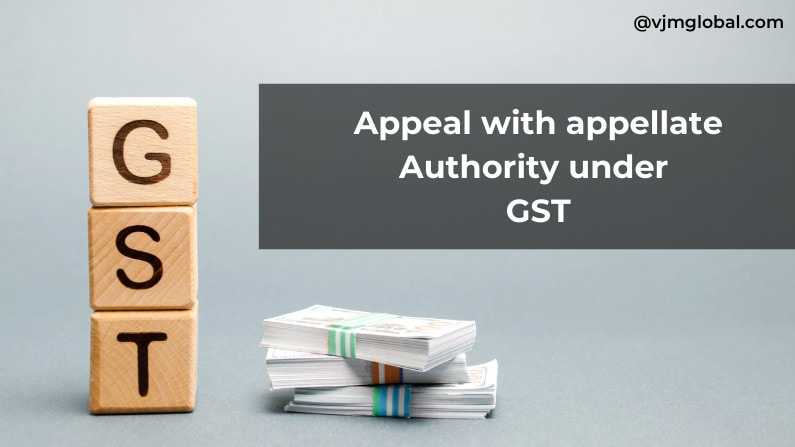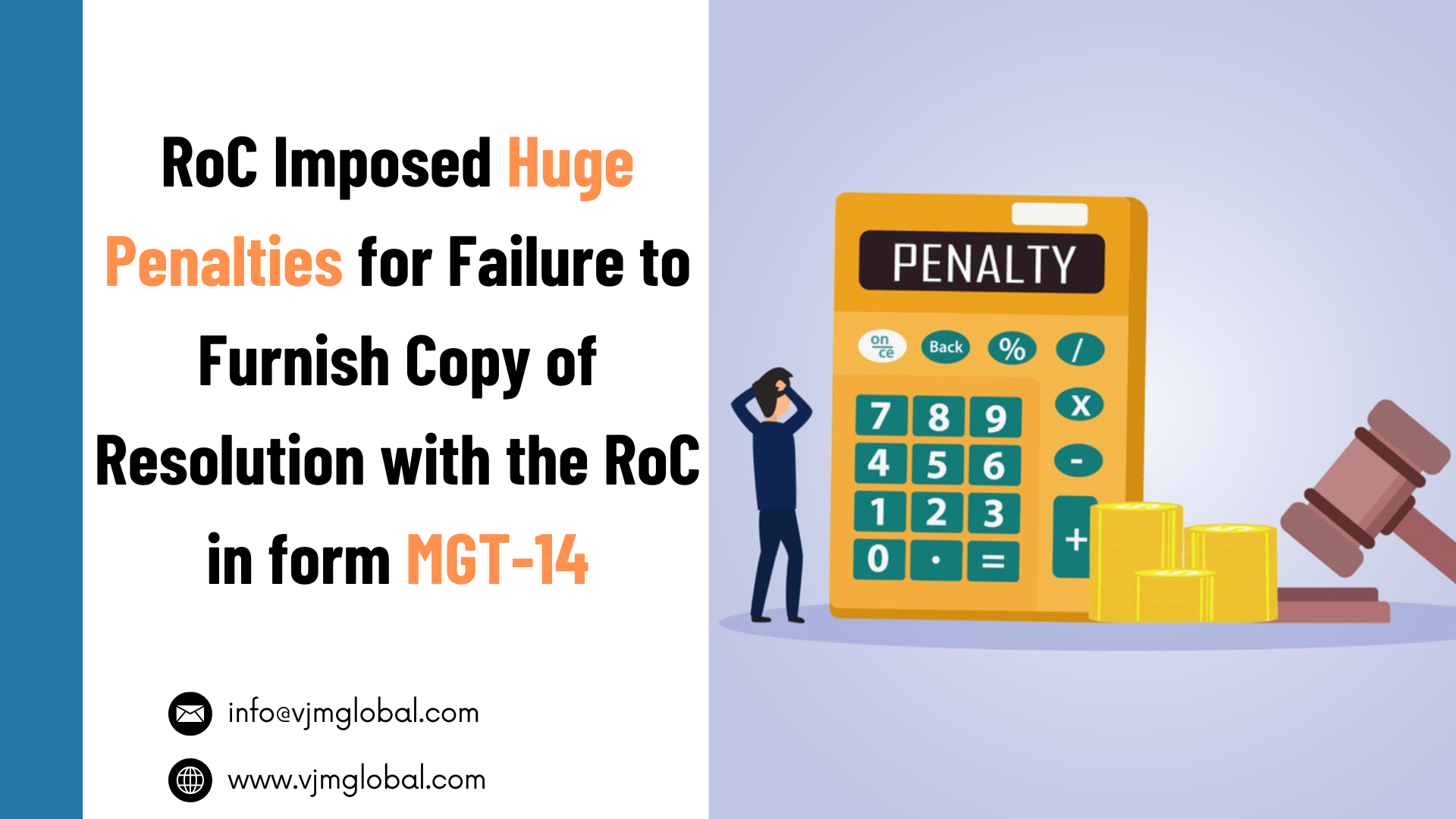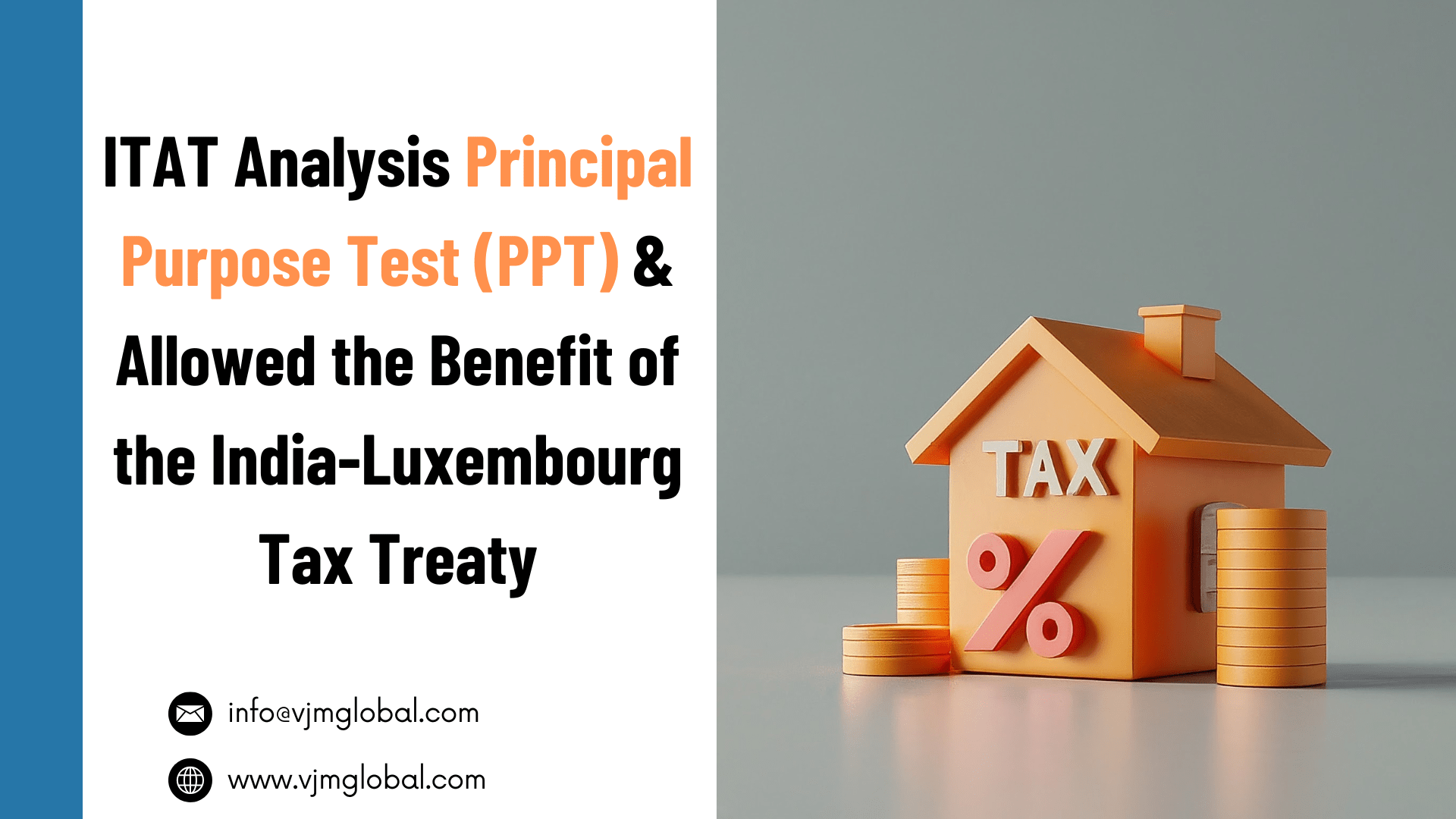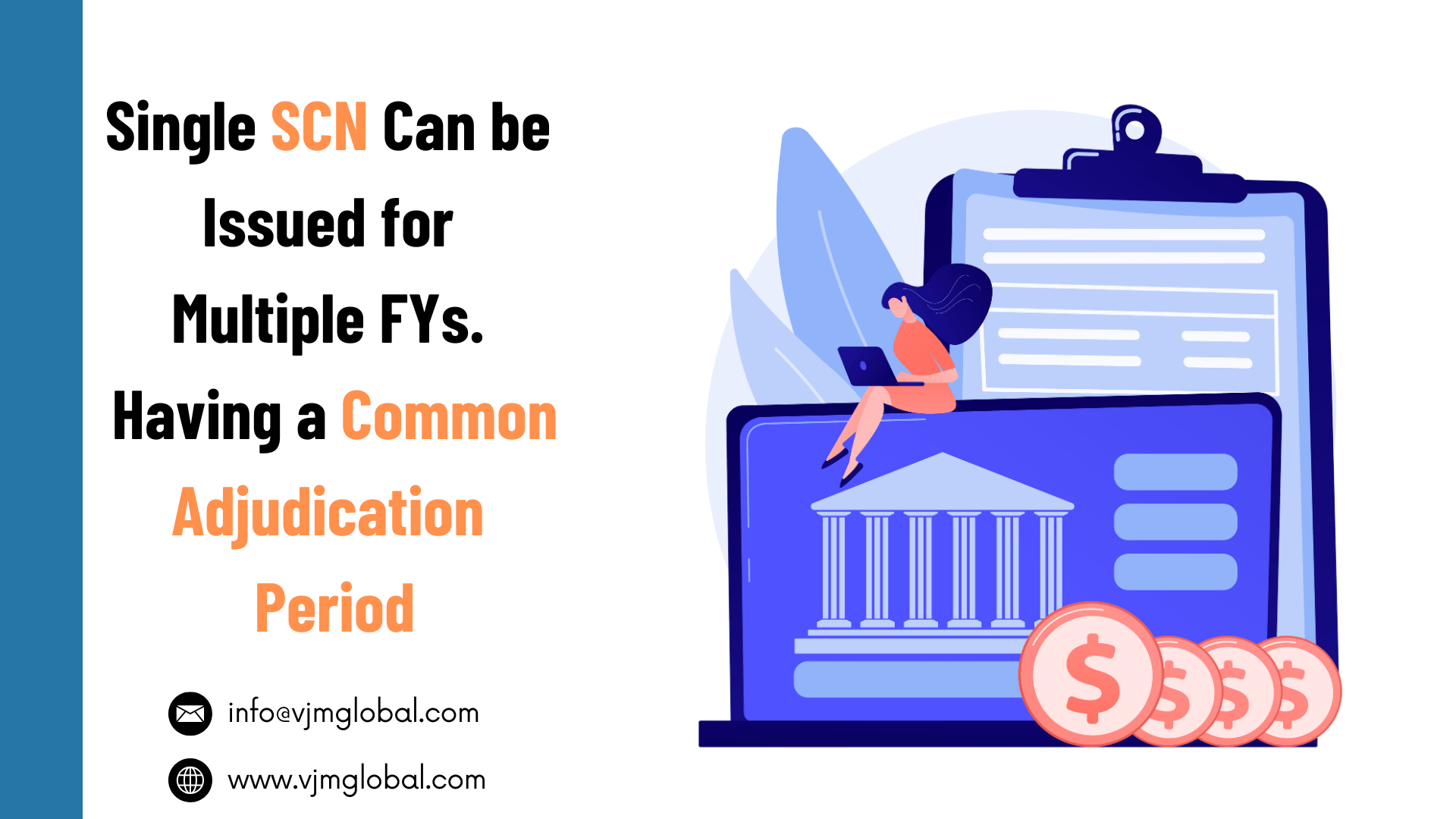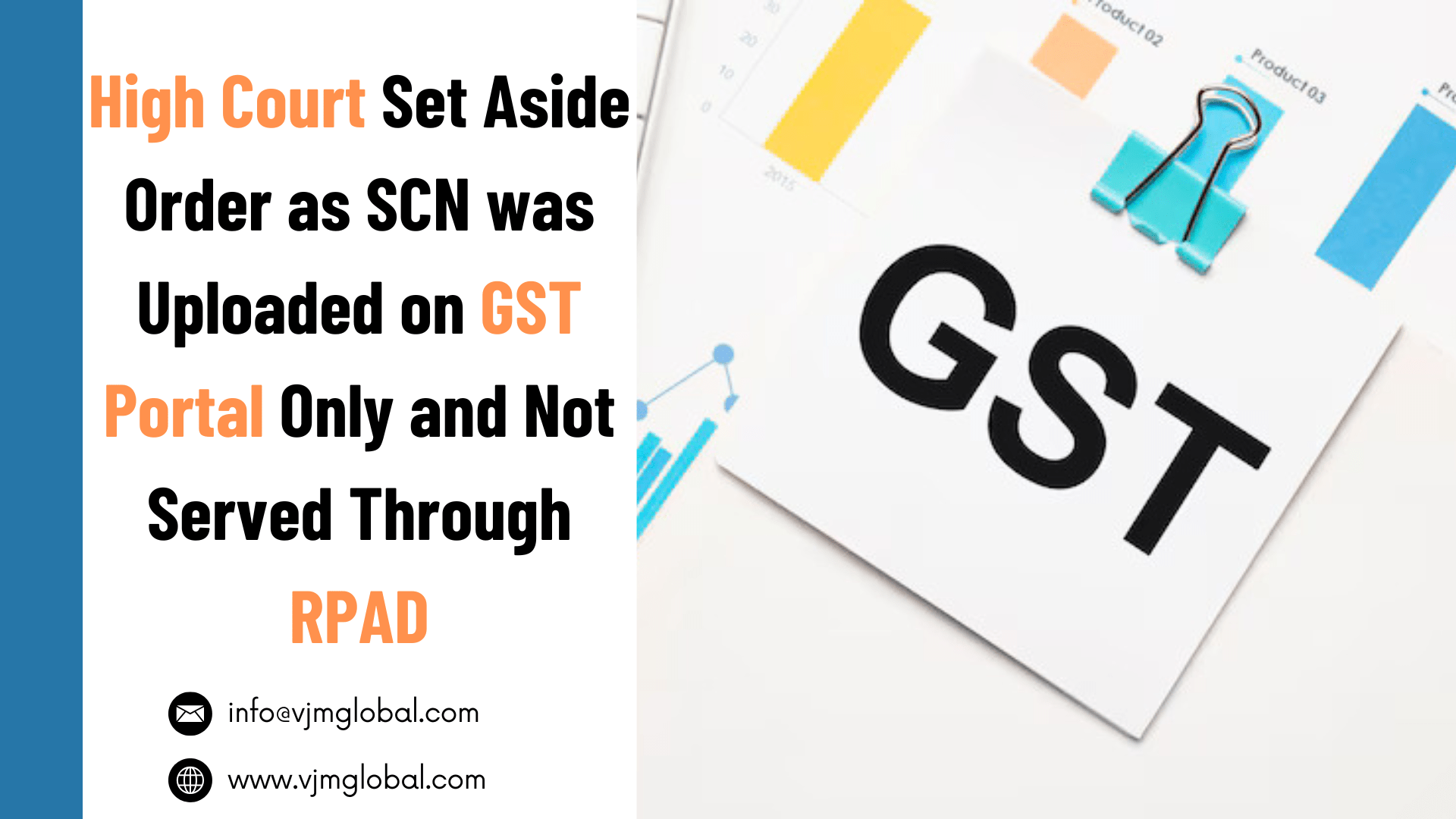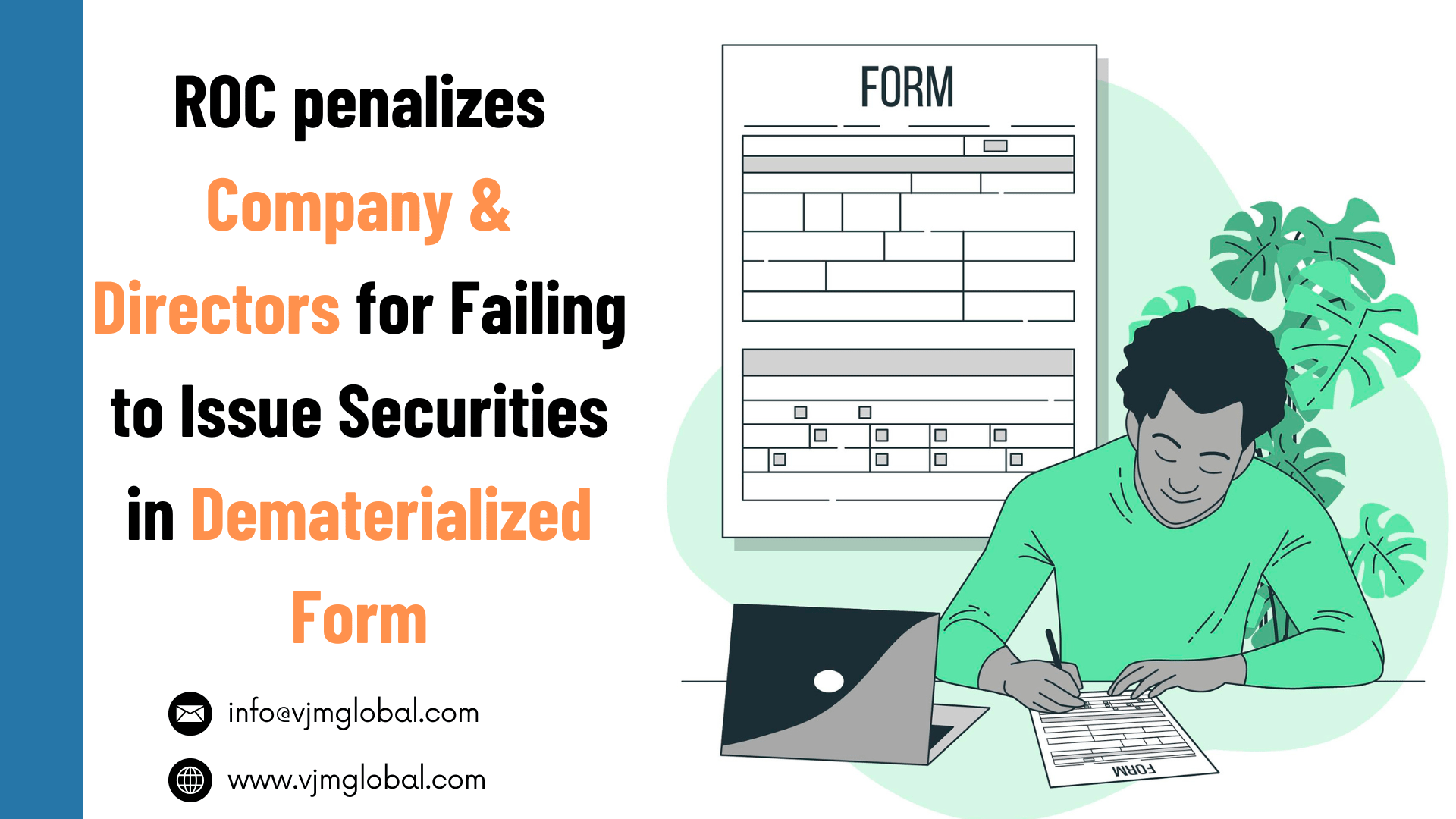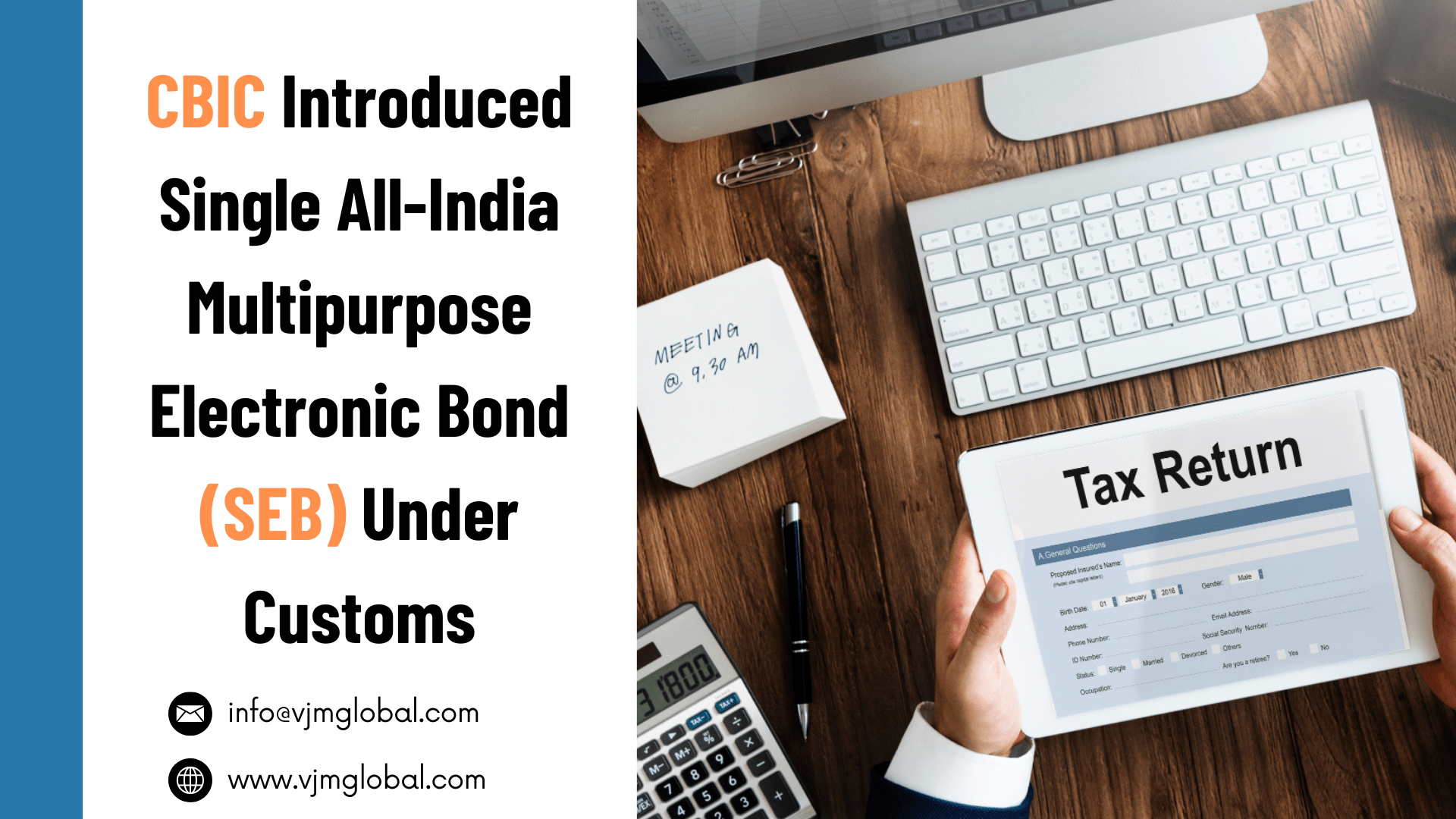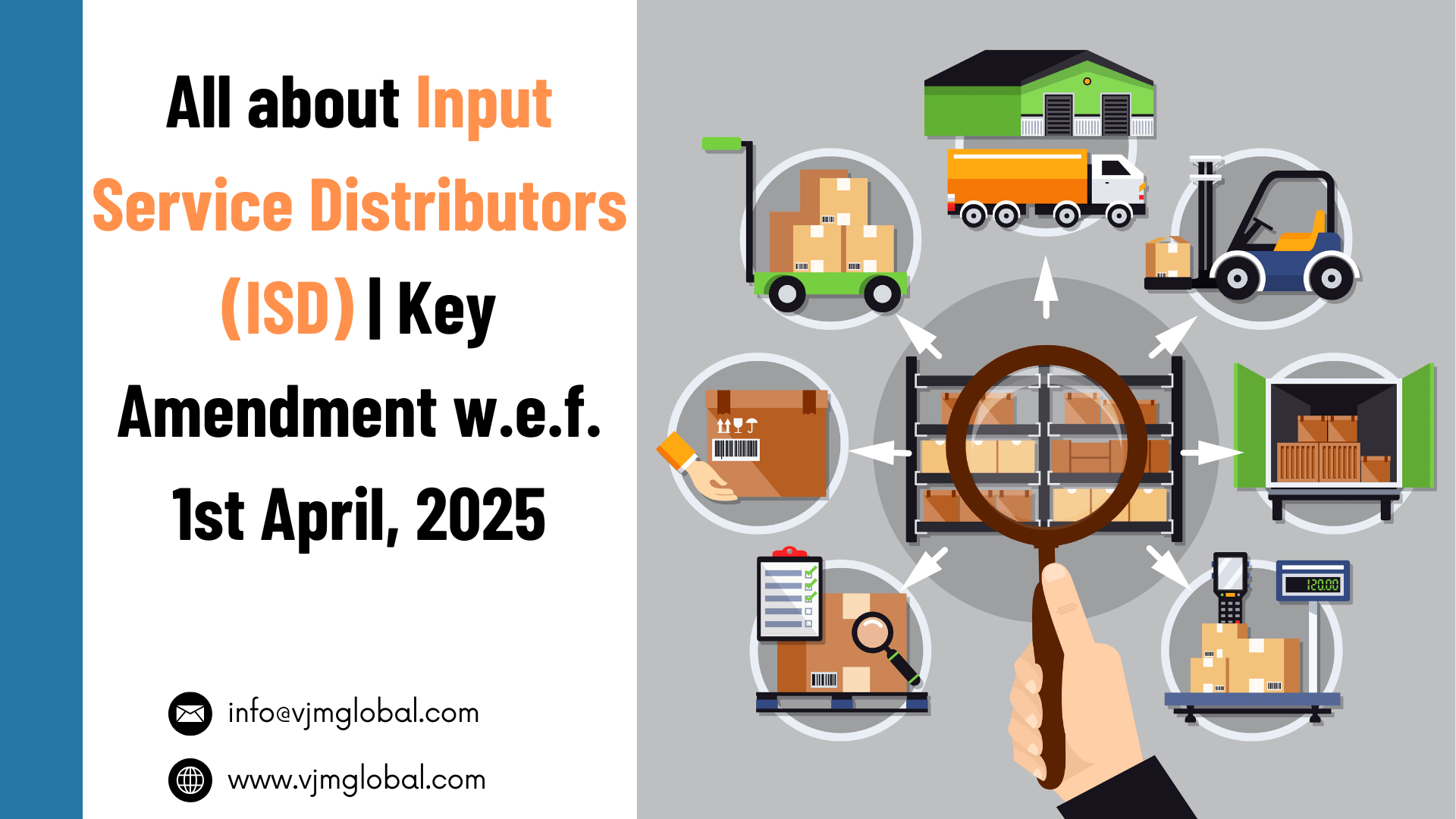Under Goods and Service Tax (“GST”) provisions related to appeals and revision are given under Chapter XVII (Section 107 to Section 121) of Central Goods and Service Tax Act, 2017 (“CGST Act”).
Any parties aggrieved by order of lower authorities can file appeal under GST with appellate authority for review. Under GST, the very first appeal lies with the Appellate Authority.
In this article, a detailed discussion has been made about filing of appeal with Appellate authority.
1. When an appeal can be filed before the Appellate Authority?
- Provisions empowering appeal filing before appellate Authority are given under Section 107 of CGST Act.
- As per section 107, any person aggrieved by any decision of Adjudicating Authority may file an appeal before Appellate Authority.
2. Which authority is the Adjudicating Authority?
- As per Section 2(4) of CGST Act, adjudicating Authority is any authority, appointed or authorised to pass any order or decision under CGST Act.
- Therefore, all orders issued under other chapters of CGST Act can be challenged before appellate authority by aggrieved party such as refund order issued under Chapter XI, assessment order issued under Chapter XII etc.
- However, following authorities are not covered under “Adjudicating Authority”:
- Central Board of Indirect Taxes and Customs,
- The Revisional Authority,
- The Authority for Advance Ruling,
- The Appellate Authority for Advance Ruling,
- The National Appellate Authority for Advance Ruling,
- The Appellate Authority,
- The Appellate Tribunal and
- Anti-Profiteering measure Authority appointed under section 171(2) of CGST Act.
- Therefore, orders issued by above mentioned authorities can’t be challenged with Appellate Authority. However, an application against such orders can be filed with higher authority as given under other sections of CGST Act.
3. What are the Levels of Appellate Authority?
Section 107 provides that Appeal can be filed with following 2 levels of Appellate Authority:
- Where impugned order under CGST Act/SGST Act is issued by Additional Commissioner or Joint Commissioner then appeal shall be filed be Commissioner (Appeals)
- Where an impugned order is issued by the Deputy or Assistant Commissioner or Superintendent the application shall be filed with Joint Commissioner (Appeals).
4. Who can file an appeal with the Appellate Authority?
An application with Appellate Authority can be filed by any person who is aggrieved by order of the adjudicating Authority. Therefore, application can be filed by either of the following party:
- Assessee or
- Departmental Authorities
4.1 Appeal by Assessee under GST
- If a taxpayer is aggrieved by the order of adjudicating authority then he may file an application in accordance with provisions given under CGST Act.
4.2 Appeal by Department under GST
- Commissioner of CGST/SGST/UTGST may call for records of any proceeding where order is passed by any adjudicating authority to ensure that order is legal and has been passed in conformity with other provisions of CGST Act.
- Where the commissioner is not satisfied with any matter decided in order then he may direct any officer, subordinate to him, to file an application with appellate authority for determining such points as highlighted by the Commissioner.
- Such application shall be dealt with as it is an application made against order of Adjudicating authority and authorised officer shall be considered as appellant.
5. Procedure of filing an appeal under GST to Appellate Authority
5.1 Time Period to file Appeal under GST with appellate authority
- Appeal with appellate Authority can be filed by the assessee within 3 months from date of communication of order of adjudicating authority.
- In case of departmental appeal, application can be filed within 6 months from date of communication of order.
5.2 Relevant form to file appeal with appellate authority
- Appeal with Appellate Authority shall be filed in form GST APL-01 along with relevant documents. Appeal can be filed electronically or otherwise.
- Application to Appellate Authority shall be filed by Departmental Authority in Form GST APL-03 alongwith all relevant documents. Application can be filed electronically or otherwise.
- Upon submission of application, an acknowledgment shall be generated immediately.
5.3 What is the Pre deposit before filing appeal with appellate Authority
- Appeal shall be filed by the assessee post payment of following amounts of pre-deposits.
- 100% Amount of tax, interest, penalty or any other amount which is agreed by both the parties, i.e., computed through impugned order and also admitted by assessee; and
- 10% of remaining disputed amount, i.e., amount computed by adjudicating authority in impugned order but not admitted by the assessee subject to maximum of INR 25 Crores.
- Upon payment of above mentioned amount, recovery proceedings for the remaining disputed amount shall be stayed.
5.4 Submission of impugned order with appellate authority
- Certified copy of impugned order shall be submitted with Appellate authority within 7 days from date of generation of initial acknowledgment. Upon submission of impugned order, final acknowledgment shall be generated in form GST APL-02.
5.5 Reasonable opportunity of being heard and Maximum adjournments
- Appellate Authority shall give a reasonable opportunity of being heard to both the parties to appeal.
- For sufficient reasons, appellate authority may adjourn the hearing of appeal. However, no adjournment shall be granted more than 3 times to either of the parties.
5.6 Time Limits to decide the matter in appeal with appellate authority
- Where possible, Appellate Authority shall hear and decide the matter and pass the order within one year from date of filing of appeal. Therefore, the time limit of one year is not binding and shall be based on facts and circumstances of each case.
- Where issuance of order by Appellate Authority is stay by the order of any court or Tribunal then period of such stay shall be excluded while computing one year.
5.7 Order by Appellate Authority
- Upon closure of hearing, the Appellate Authority shall either confirm or modify or set aside the impugned order. However, Appellate Authority can’t refer the matter back to the adjudicating authority who passed the impugned order.
- Appellate Authority shall not pass the order without giving a reasonable opportunity to showing cause against the proposed order, where the proposed order is:
- Enhancing the fee or
- Enhancing the penalty or
- Enhancing the fine in lieu of confiscation or
- Confiscating goods of greater value or
- Reducing amount of refund or
- Reducing amount of Input Tax Credit
- Order by Appellate Authority shall be in writing and shall state the points for determination, decision thereon and reason of such order.
- Upon disposal of appeal, Appellate Authority shall communicate about the appeal to the appellate, respondent and adjudicating Authority. A copy of order shall also be sent to jurisdictional commissioner or any authority designated by him.
- Order passed under section 107 shall be final and binding on parties subject to below provisions
- Section 108 (Appeal to Revisional Authority),
- Section-113 (Order of Appellate Tribunal),
- Section 117 (Appeal to High Court) and
- Section 118 (Appeal to Supreme Court).
- Alongwith order, The Appellate Authority shall issue a summary of the order in FORM GST APL-04 clearly indicating the final amount of demand confirmed.
5.8 Summary of relevant time periods for filing appeal before Appellate Authority
| Action | Time Limit |
| Time limit of Application filing before Appellate Authority by Assessee | Within 3 months from date of communication of order of adjudicating authority |
| Time limit of Application filing before Appellate Authority by Department | Within 6 months from date of communication of order of adjudicating authority |
| Certified copy of impugned order to be submitted with appellate authority | within 7 days from date of generation of initial acknowledgment |
| Time limit to pass order by Appellate Authority | Within 1 year from date of filing of appeal where ever possible |
6. Production of Additional Evidence before Appellate Authority (Rule 112 to CGST Rules)
- If any appellant failed to produce any document or evidence before adjudicating authority then he shall not be allowed to produce such document before appellate authority. Therefore, only those documents or evidences can be produced which are produced earlier.
6.1 Cases where additional evidence can be produced during appeal under GST
- However, Following are the exceptions to, i.e., in following cases additional evidence shall be allowed during appeal preceding with appellate authority under GST.
- Where evidence was proposed to present before adjudicating authority, however, it was refused by the adjudicating authority; or
- Where the appellant could not produce such evidence before Adjudicated Authority due to reasonable cause and such evidence was called by Adjudicating Authority; or
- Where evidence or document could not be produced due to reasonable cause and such evidence is relevant to any ground of appeal; or
- Where the adjudicating authority has passed the impugned order without giving sufficient opportunity to the appellant to produce documents or evidences relevant to any ground of appeal.
6.2 Conditions for Allowing additional Evidences
- Without recording reason for allowing such additional documents in writing, No additional evidence shall be allowed.
- Appellate Authority shall admit the additional evidence only after providing a reasonable opportunity to adjudicating authority. It may:
- Examine the evidence or document additionally produced by the appellant or cross-examine any witness additionally produced; or
- Produce any evidence or any witness in rebuttal of the evidence produced by the appellant
- Appellate Authority may ask for any additional document or information on its own and then provisions of Rule 112 shall not apply to such information additionally asked for by Appellate Authority itself.
7. Appeal against order of Appellate Authority
Any person aggrieved by the order of Appellate Authority shall file an application before Appellate Tribunal under Section 112 within 3 months from the date of communication of order of Appellate Authority.

